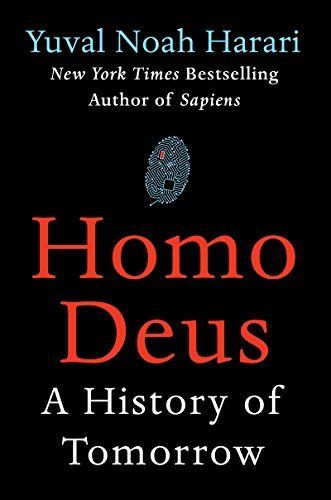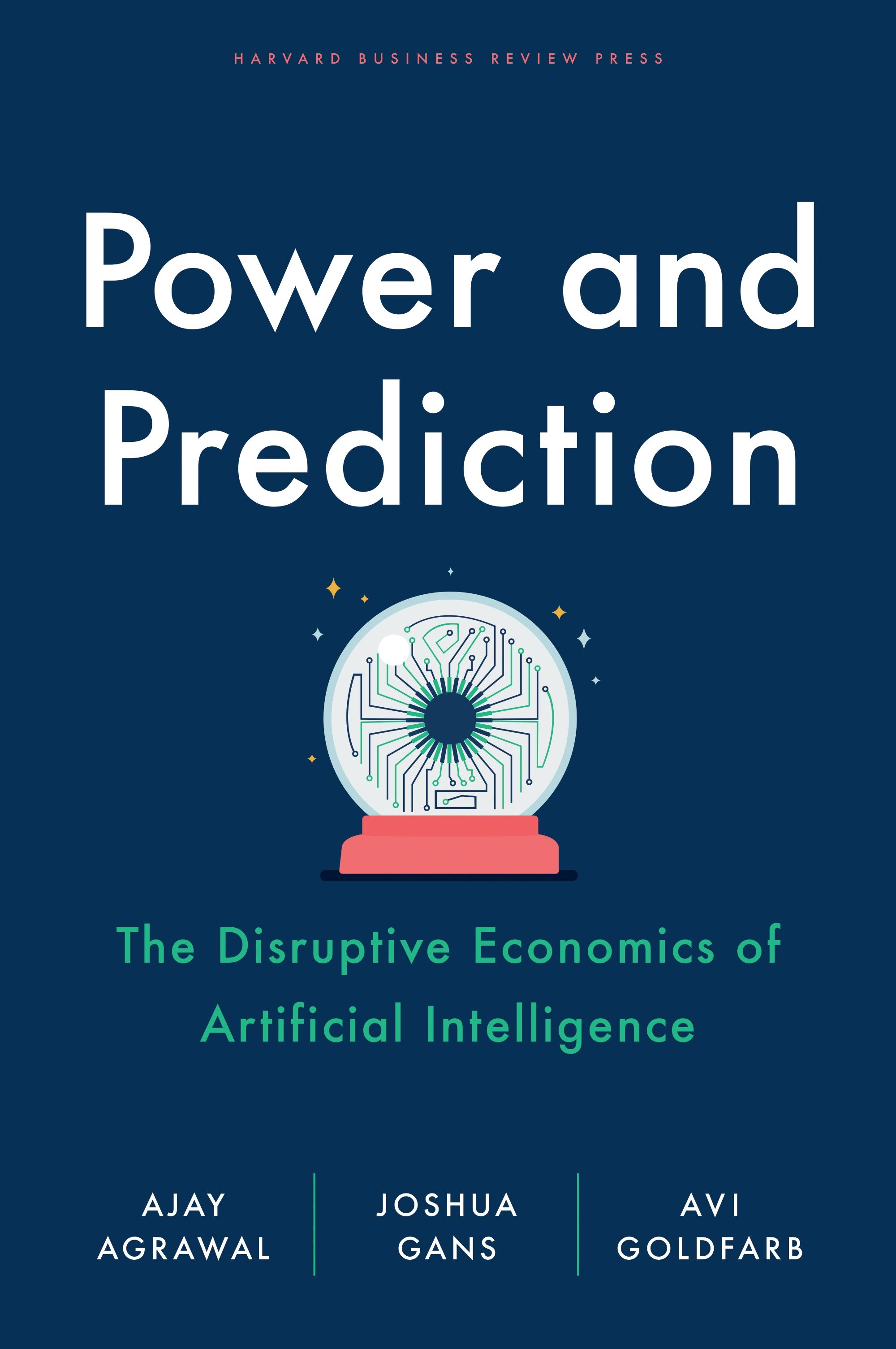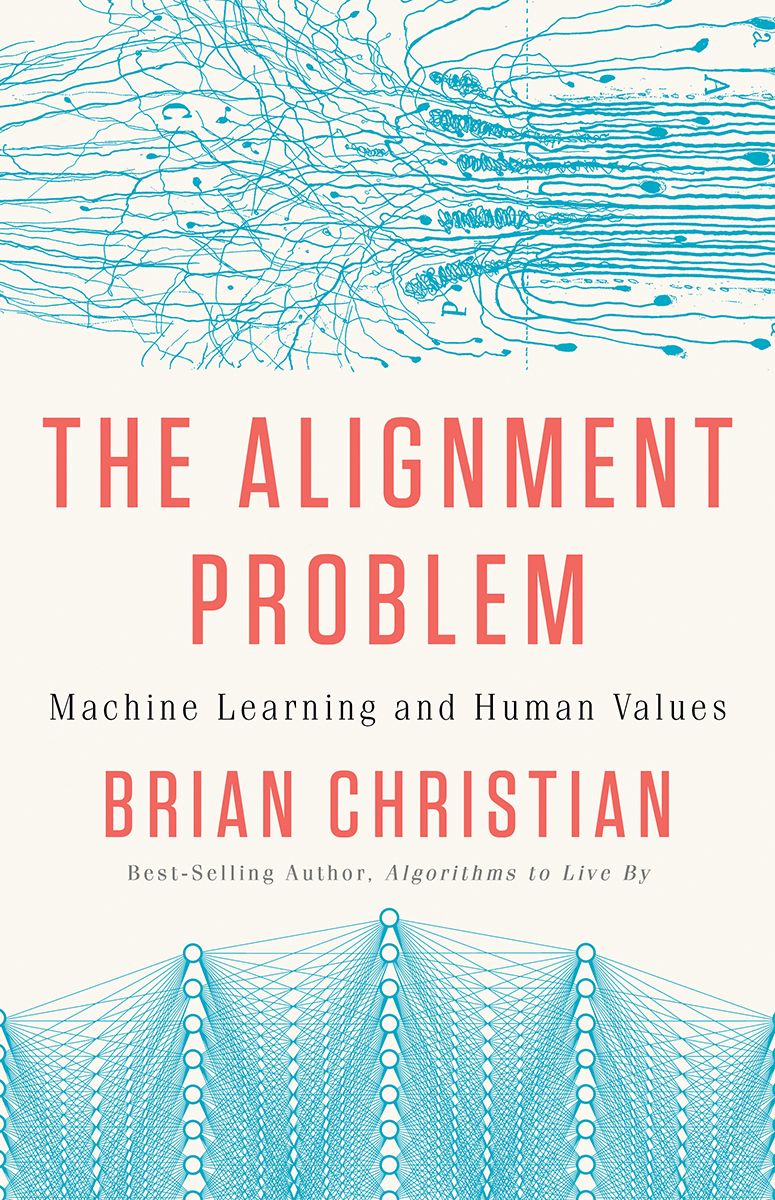One of the foundations of modern humanism is the idea of free will. But as science advances, that notion is increasingly under threat:
- Neuroscience suggests that our thoughts and decisions are the product of neural activity governed by the laws of physics, not some ethereal "will"
- Behavioral economics and psychology have shown that our choices are often irrational and shaped by unconscious biases and environmental cues
- Big data analytics can predict our actions based on past patterns, turning our behavior into a probability equation
- Advances in genetics highlight the role of inborn traits and predispositions in shaping who we become
In light of these discoveries, the line between free choice and determinism becomes blurred. And as artificial intelligence grows more sophisticated, even the appearance of choice may disappear.
Section: 3, Chapter: 8
As our understanding of the brain advances, we may gain the ability to cartograph this ocean of consciousness - to induce, study, and apply novel mental states. This could lead to:
- New therapies for mental disorders like depression and PTSD
- Enhanced creativity, empathy, and insight
- Spiritual experiences on demand, challenging traditional religions
However, such powers also raise risks:
- Psychological damage or addiction from uncontrolled experimentation
- Political oppression through mind control
- The existential threat of a "bad trip" on a global scale
To navigate this ocean, we will need new maps and manuals of the mind - a mature science of consciousness to guide us. And we must grapple with the philosophical and ethical implications of a world in which the very nature of experience becomes malleable.
The exploration of inner space may prove as consequential for humanity as our journey into outer space - and the two may ultimately converge. As we venture out into the stars, we may discover that the universe is stranger - and more deeply infused with mind - than we ever imagined possible.
Section: 3, Chapter: 10
In the 21st century, humankind is likely to make a serious attempt to gain happiness, immortality, and god-like powers.
We are now at a point where we need to set a new agenda for ourselves. Having reduced mortality from starvation, disease, and violence, our next targets are likely to be extending life span, prolonging youth, and enhancing our cognitive and physical abilities. Science and technology will play a crucial role in achieving these goals.
This journey towards divinity may actually end up making us less humane. The more god-like we aspire to be, the less we may value mortal concerns. Life and death, happiness and suffering, may all become trivial matters for upgraded humans. There could emerge a new superhuman elite, far removed from the concerns and values of today.
Section: 1, Chapter: 1
Even as humanism faces existential threats from AI, a new ideology is emerging that may come to dominate our century - Dataism. Its central tenets are:
- Data is the supreme value - the world consists of data flows, and the value of any phenomenon lies in its contribution to data processing. From this perspective: An organism is simply an algorithm and its value lies in processing data; A society is a system for harvesting and analyzing data.
- Humans are no longer the most important data processors - the baton is passing to computers, which are far better at crunching information than biological brains. As AI advances, algorithms will know us better than we know ourselves, making human decision-making obsolete. Humans will merge with technology to stay relevant, blurring the line between organic and artificial intelligence
- Bringing more and more data online is the supreme good - information wants to be free. All barriers to the flow of data should be removed. Privacy is theft from the data commons, free speech and transparency are sacred, and expanding the internet of things is a moral imperative
Section: 3, Chapter: 11
Dataist principles are already implicit in the way data giants like Google and Facebook operate. And as they offer us more knowledge, convenience, health and power, the Dataist creed is spreading:
- Governments are being asked to open more databases to the public
- We increasingly see our lives through the lens of data - from the steps we track to the memories we post online
Yet Dataism brings its own risks:
- The loss of human agency to algorithmic "black boxes"
- The erosion of privacy and individual liberty
- The specter of data-driven discrimination and oppression
To survive and thrive in a Dataist world, we must grapple with what makes us human in an age of intelligent machines. We will need to cultivate wisdom and ethics alongside tech - to become not just the most knowledgeable civilization in history, but also the most humane.
Section: 3, Chapter: 11
As humans dabble with novel technologies like psychedelics, brain-computer interfaces, and AI, we are exploring the frontiers of consciousness - a terra incognita of the mind.
Humanity may be standing on the shore of a vast ocean of potential mental states - an "option space" of consciousness currently beyond our reach or even imagination. Our normal waking experience could be but a small island in this sea.
Glimpses of this larger landscape filter in through altered states and mystical experiences:
- Psychedelics like LSD and psilocybin can induce ego dissolution and a sense of cosmic unity
- Meditation practices aim for states of "pure awareness" distinct from our default mode
- Near-death experiences often involve feelings of leaving the body and encountering otherworldly realms
Section: 3, Chapter: 10
The authors illustrate AI's impact on the allocation of power with the case of the Flint, Michigan water crisis.
- City officials initially ignored data showing high lead levels in the water supply, relying on flawed testing and flawed judgment
- Outside researchers used AI to predict which homes were likely to have lead pipes and successfully pressured officials to target remediation efforts based on their predictions
- The researchers' models were technically superior to the city's testing methods, but the key factor was that the researchers had better judgment about how to act on the predictions
- Ultimately, power over the response shifted from city officials to a court-appointed monitor, who had the authority to override officials' flawed judgment and act on the researchers' predictions The case illustrates how AI can shift decision-making power to those with superior judgment, even if they don't have the best predictions or the formal authority.
Section: 5, Chapter: 15
Adopting AI requires a shift from deterministic to probabilistic thinking in decision-making. Some key mindset changes:
- Embrace uncertainty and accept that all predictions are probabilistic, rather than expecting definitive answers
- Think in terms of expected value, weighing the probability of different outcomes rather than trying to eliminate all risk
- Be transparent about the confidence level of predictions and the potential for error, rather than presenting predictions as certain
- Build processes to periodically retrain models and update predictions as new data becomes available
- Develop ethical frameworks and oversight mechanisms to ensure predictions are applied with appropriate human judgment
Section: 5, Chapter: 14
The authors argue that AI's most profound impact may be on the process of innovation and invention itself. Key points:
- AI enables faster and cheaper hypothesis generation and testing, accelerating the innovation cycle
- AI-powered tools like AlphaFold are dramatically reducing the time and cost of key innovation steps like protein structure prediction
- Just as previous research tools like microscopes enabled the discovery of the germ theory of disease, AI is a "new method of invention" that will have cascading effects on multiple domains
Section: 3, Chapter: 9
The authors discuss how AI could enable a transformation of the education system from the current "factory model" where students progress based on age to a personalized model where each student receives customized instruction based on their individual learning needs and pace. Key points:
- In the factory model, the curriculum is tied to the student's age and grade rather than their individual progress, and teachers deliver one-size-fits-all instruction
- AI-powered adaptive learning systems can predict the optimal next lesson for each student based on their performance, enabling them to progress at their own pace
- Realizing this vision requires not just better AI but a redesign of the education system, including changes to student grouping, pedagogy, teacher training, facilities, etc.
Section: 2, Chapter: 6
Airport operators should be wary of the disruptive potential of AI-powered navigation apps like Waze and Google Maps. Key considerations:
- These apps can provide increasingly accurate, personalized predictions of travel time to the airport, reducing the need for passengers to budget large uncertainty buffers
- As passengers become more confident in "just in time" airport arrival, demand for in-terminal retail and dining may fall significantly
- Airport operators should explore ways to actively partner with navigation apps to shape behavior and preserve retail revenues, rather than being passive victims of disruption
Section: 2, Chapter: 5
Books about Futurism
Futurism
Technology
Humanity
Society
Homo Deus Book Summary
Yuval Noah Harari
Homo Deus explores the future of humanity in a world where the old challenges of famine, plague, and war have been largely conquered, and new godlike technologies of artificial intelligence and bioengineering are on the horizon, forcing us to confront fundamental questions about the nature of consciousness, free will, and what it means to be human in an age of algorithms.

Futurism
Artificial Intelligence
Technology
Computer Science
Power And Prediction Book Summary
Ajay Agrawal, Joshua Gans, Avi Goldfarb
"Power and Prediction" argues that the true potential of AI lies not in automating individual tasks, but in enabling the redesign of entire systems and decision-making processes, which will lead to significant shifts in economic and political power as AI evolves from a tool for prediction into a catalyst for transformation.

Artificial Intelligence
Computer Science
Futurism
The Alignment Problem Book Summary
Brian Christian
The Alignment Problem explores the challenge of ensuring that as artificial intelligence systems grow more sophisticated, they reliably do what we want them to do - and argues that solving this "AI alignment problem" is crucial not only for beneficial AI, but for understanding intelligence and agency more broadly.


